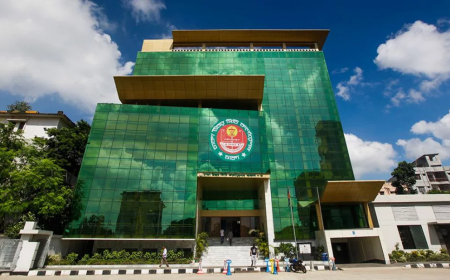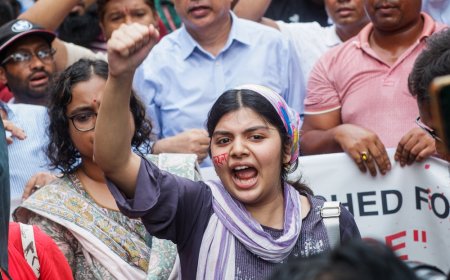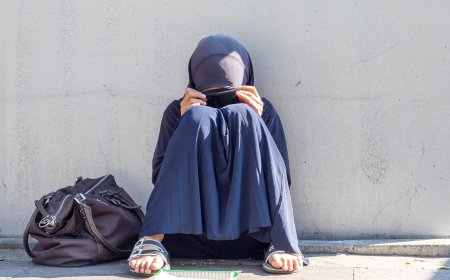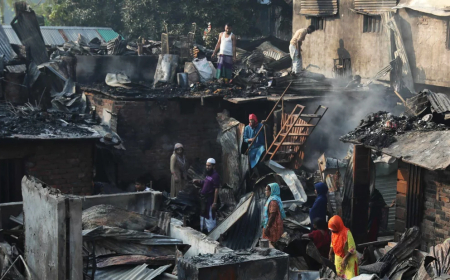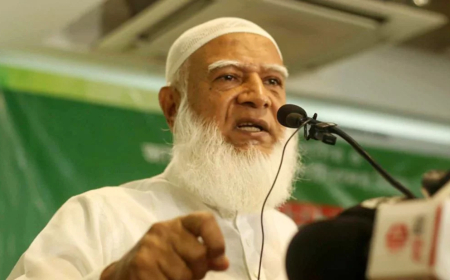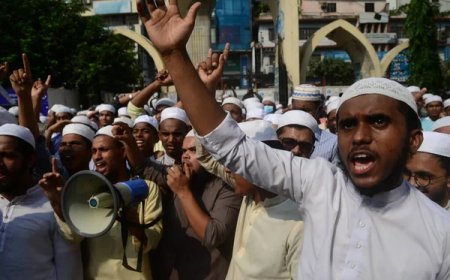We Must Honor 2024 Without Diminishing 1971
1971 built a nation from nothing. 2024 has given us a chance to repair it. Independence is absolute; democratic reform is fragile.
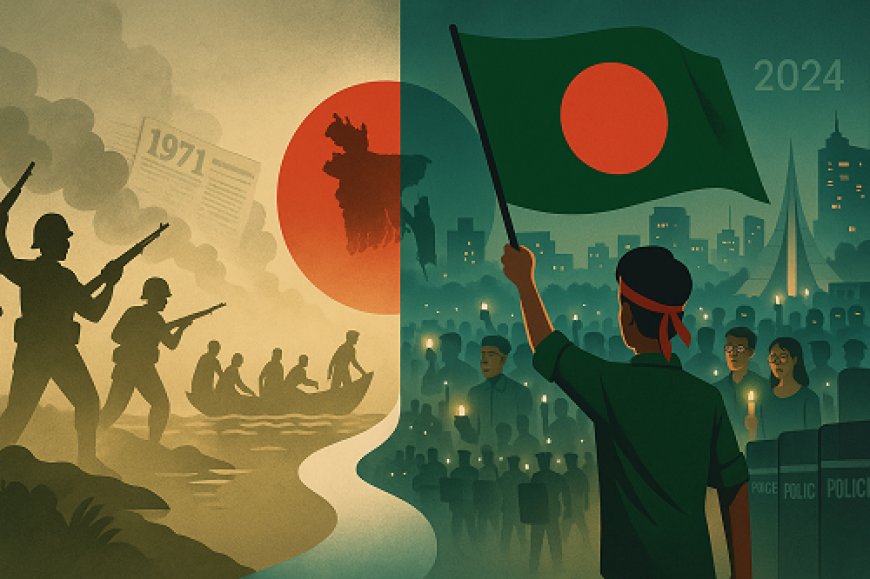
Two moments define modern Bangladesh. One gave birth to the nation, an independent state born amid rivers of blood and global turmoil. The other toppled a long entrenched, corrupt, and brutal regime through the courage of youth. Comparing them is like weighing birth against rebirth: birth creates existence, while rebirth renews it.
Both deserve honor, but there should be no serious argument that 1971 Liberation War eclipses the 2024 movement in magnitude and existential significance. To see why, we must compare their causes, scale, outcomes, and lasting legacy.
Causes: 24 Years of Foreign Oppression vs 15 Years of Internal Tyranny
The 1971 Liberation War emerged from decades of West Pakistani domination, including linguistic suppression, economic exploitation, and political marginalization, all reaching a breaking point after Sheikh Mujibur Rahman’s 1970 election victory. Pakistan’s military, aided by collaborators (Razakar, Al Badr, Al Shams), launched Operation Searchlight on March 25, 1971, massacring civilians. The liberation forces fought for survival and identity, raising a flag that symbolized the sacrifice of millions and the promise of a secular Bangladesh.
In 2024, students rose against Sheikh Hasina’s corrupt and authoritarian rule: rigged elections, silenced dissent, and extra-judicial killings. Protests over a quota system favoring Awami League loyalists ignited a nationwide uprising. This was a battle for reform within an existing state, not for national survival.
Comparison: 1971 was about independence or annihilation. The 2024 movement was about ending domestic tyranny. Not to minimize the achievement of 2024, but ending foreign domination surely outweighs replacing a homegrown autocracy.
Scale and Casualties: Genocide vs. Deadly Crackdown
In 1971, a nine month war sent 10 million refugees into India, and killed an unknown number of civilians, the death toll being reliably estimated at hundreds of thousands. Hindus, intellectuals, and Bengalis were targeted in genocidal campaigns. Between 200,000 and 400,000 women were raped.
In 2024, protests lasted just over a month. Security forces, police, Awami thugs, and Chatra League goons killed around 1,400 people, including students and children, and injured up to 30,000, many blinded or crippled for life. The repression was brutal, but no foreign army was involved.
Comparison: 1971 was a global humanitarian catastrophe; 2024 was a deadly domestic uprising. Millions lost everything in 1971; thousands did in 2024.
Outcomes: Birth vs. Rebuilding
Victory on December 16, 1971, created Bangladesh, ending 24 years of Pakistani rule. Millions dreamed, struggled, and died for what the 1972 Constitution enshrines: secularism, democracy, and nationalism. The war altered South Asia’s balance of power dramatically and redrew the map.
In 2024, Sheikh Hasina resigned on August 5, fled to India, and an interim government under Nobel Laureate Dr. Muhammad Yunus assumed power. Quotas were reduced to 7 percent. Reforms in elections, governance, and policing began, with elections scheduled for February 2026. Yet instability lingers.
Comparison: 1971 built a nation from nothing. 2024 gave us a chance to repair it. Independence is absolute; democratic reform is fragile.
Lasting Legacy: Foundation vs. Renewal
The legacy of 1971 is eternal. Bangladesh was the first post-World War II nation to secede through armed struggle and succeed. March 26 marks the start of our fight for freedom; December 16 secures our identity. The war forged our national soul, and our flag became a symbol of secular identity.
The 2024 movement is still unfolding. It ended an era of authoritarianism, empowered Generation Z, and opened space for fair, competitive elections. But it has also fueled polarization, emboldened Islamists, and triggered worrisome violence against minorities and women.
Comparison: 1971’s foundation cannot be replaced. The 2024 reforms rest on it. Undermining 1971’s primacy risks eroding the basis of all later struggles.
The Jamaat Narrative
Jamaat-e-Islami, unrepentant for backing Pakistan’s genocide in 1971, now brands 2024 “a second independence.” This narrative conceals their betrayal and seeks to rewrite history for political gain. True independence came only once, in 1971. Every later struggle builds upon it.
Those who once opposed Bangladesh’s birth now attempt to hijack the rebuilding process with lies. But they will be reminded: in this devout, Muslim majority nation, faith is personal. Seventy five million Bangladeshis gave birth to a tolerant, secular state, and today’s 160 million will defend that identity. No distortion of history will take our flag from those who died to raise it.
A Note on the National Flag
Our flag’s meaning is inseparable from 1971. Some now claim the green background is “Islamic green,” a nod to the Muslim majority. This is false. Quamrul Hassan, the flag’s designer, stated the green represents the lush, fertile land of Bengal, shared by people of all faiths. The red disc honors the blood of martyrs and the dawn of independence.
The flag’s official green is #01796f, distinct from “Islamic green” (#009900). Many Muslim majority nations, including Pakistan, Saudi Arabia, Iran, Algeria, and Mauritania, deliberately use Islamic symbols such as the crescent, star, or shahada. Bangladesh, like Turkey and Indonesia, chose differently. Our flag is secular, nationalist, and born of sacrifice.
During the July and August 2024 uprising, students carried this flag proudly. Without 1971’s sacrifices, they would have had no flag to rally beneath.
The 1971 Liberation War towers above the 2024 movement in scale, stakes, and legacy. Without 1971, there is no Bangladesh to reform.
Yet there can be no question that 2024 matters too, and matters greatly, for it continues the long struggle for justice that began with the Language Movement of 1952, reached its zenith in 1971, and was revived in 1991’s democratic transition.
We must honor 2024 without diminishing 1971. And we must guard against those who would rewrite our founding or distort our symbols. Bangladesh was born secular, free, and for all its citizens. That is the nation both 1971’s fighters and 2024’s students sacrificed to protect.
What's Your Reaction?












